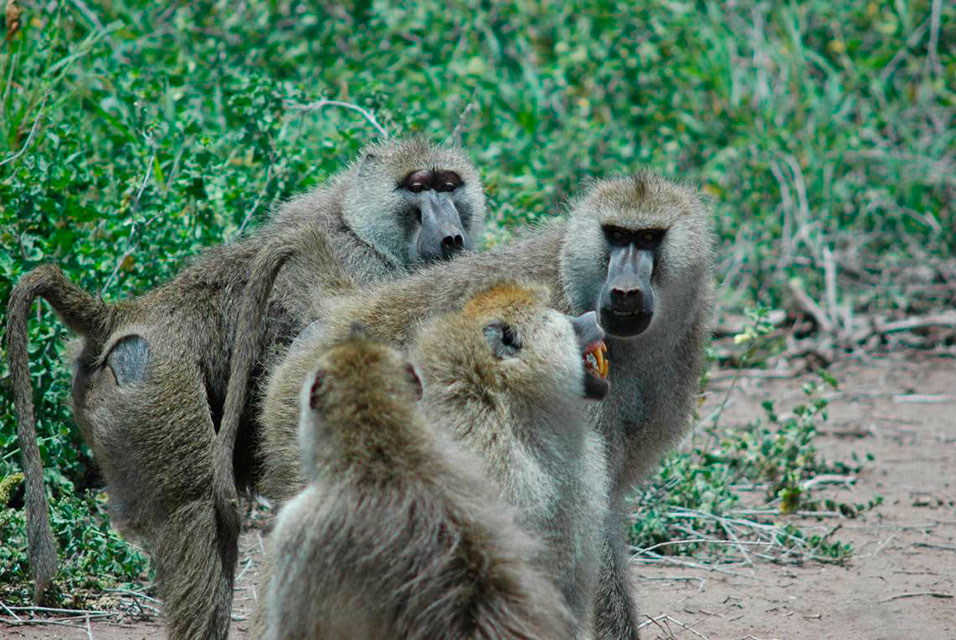CHARLOTTESVILLE, VA.- New research from the
UVA Cancer Center could rescue once-promising immunotherapies for treating solid cancer tumors, such as ovarian, colon and triple-negative breast cancer, that ultimately failed in human clinical trials.
The research from UVA’s Jogender Tushir-Singh explains why antibody approaches effectively killed cancer tumors in lab tests, but proved ineffective in people. He found that the approaches had an unintended effect on the human immune system that potentially disabled the immune response they sought to enhance.
The new findings allowed Tushir-Singh to increase the approaches’ effectiveness significantly in lab models, reducing tumor size and improving overall survival. The promising results suggest the renewed potential for the strategies in human patients, he and his team report.
“So far, researchers and protein engineers around the globe, including our research group, were focused on super-charging and super-activating tumor cell-death receptor targeting antibodies in the fight against cancer. Here at UVA, we took a comprehensive approach to harness the power of the immune system to create dual-specificity and potentially clinically effective oncologic therapeutics for solid tumors,” said Tushir-Singh, of the UVA School Medicine’s Department of Biochemistry and Molecular Genetics. “Our findings also have significant potential to improve further the clinical efficacy of currently FDA-approved PD-L1 targeting antibodies in solid tumors, particularly the ones approved for deadly triple-negative breast cancer.”
Optimized immunotherapy for solid tumors
Immunotherapy aims to harness the body’s immune system to recognize and destroy cancer cells. Lab-engineered antibodies remain the core facilitator of immunotherapies and CAR T-cell therapies, which have generated tremendous excitement in the last decade. But these therapies have proved less effective against solid tumors than against melanoma (skin cancer) and leukemia (blood cancers). One major obstacle: It is difficult for immune cells to make their way efficiently into the core of solid tumors.
To overcome that problem, scientists have developed an approach that selectively uses antibodies to target a receptor on the cancer cells’ surface called death receptor-5 (DR5). This approach essentially tells the cancer cells to die and enhances the permeation of the body’s immune cells into a solid tumor. And it does so without the toxicity associated with chemotherapy.
Previously tested DR5-targeting antibodies have worked very well in lab tests and reduced tumor size in immune-deficient mouse models. But when tested in phase-II human clinical trials, these antibodies consistently failed to improve survival in patients – despite many big-name pharmaceutical companies spending billions of dollars on them.
Tushir-Singh, an antibody engineer, and his collaborators wanted to understand what was happening – why didn’t this promising approach work in patients who need it desperately? They found that the anti-DR5 antibody approaches unintentionally triggered biological processes that suppress the body’s immune response. This allowed the cancer tumors to evade the immune system and continue to grow.
Tushir-Singh and his team could restore the potency of the DR5-based antibody approach in human cancer cells and immune-sufficient mouse models by co-targeting the negative biological processes with improved, immune-activating therapy. The new combination therapy “markedly” increased the effectiveness of cancer killer immune cells known as T cells, shrinking tumors and improving survival in lab mice, they report in a new scientific paper.
That is an encouraging sign for the combination therapy’s potential in patients with solid tumors, such as ovarian cancer and triple-negative breast cancer – the deadliest cancers in women.
“We would like to see these strategies in clinical trials, which we strongly believe have huge potential in solid tumors,” Tushir-Singh said. “Our findings are extraordinary: Along with the translational impact, our work also explains, after more than 60 years of research in the field, why most approaches targeting apoptosis [cell death] have not done well in clinical trials and ultimately develop resistance to therapies.”
Findings published
The researchers have published their findings in the scientific journal EMBO Molecular Medicine. The research team consisted of Tanmoy Mondal, Gururaj N. Shivange, Rachisan G.T. Tihagam, Evan Lyerly, Michael Battista, Divpriya Talwar, Roxanna Mosavian, Karol Urbanek, Narmeen S. Rashid, J. Chuck Harrell, Paula D. Bos, Edward B. Stelow, M. Sharon Stack, Sanchita Bhatnagar and Tushir-Singh. UVA is seeking a patent based on the new combination approach.
The work was supported by National Cancer Institute/National Institutes of Health grant R01CA233752, U.S. Department of Defense Breast Cancer Research Program breakthrough level 1 awards BC17097 and BC170197P1, Department of Defense Ovarian Cancer Research Program funding award OC180412 and a Cancer Center Support Grant, P30CA044579, to UVA.










